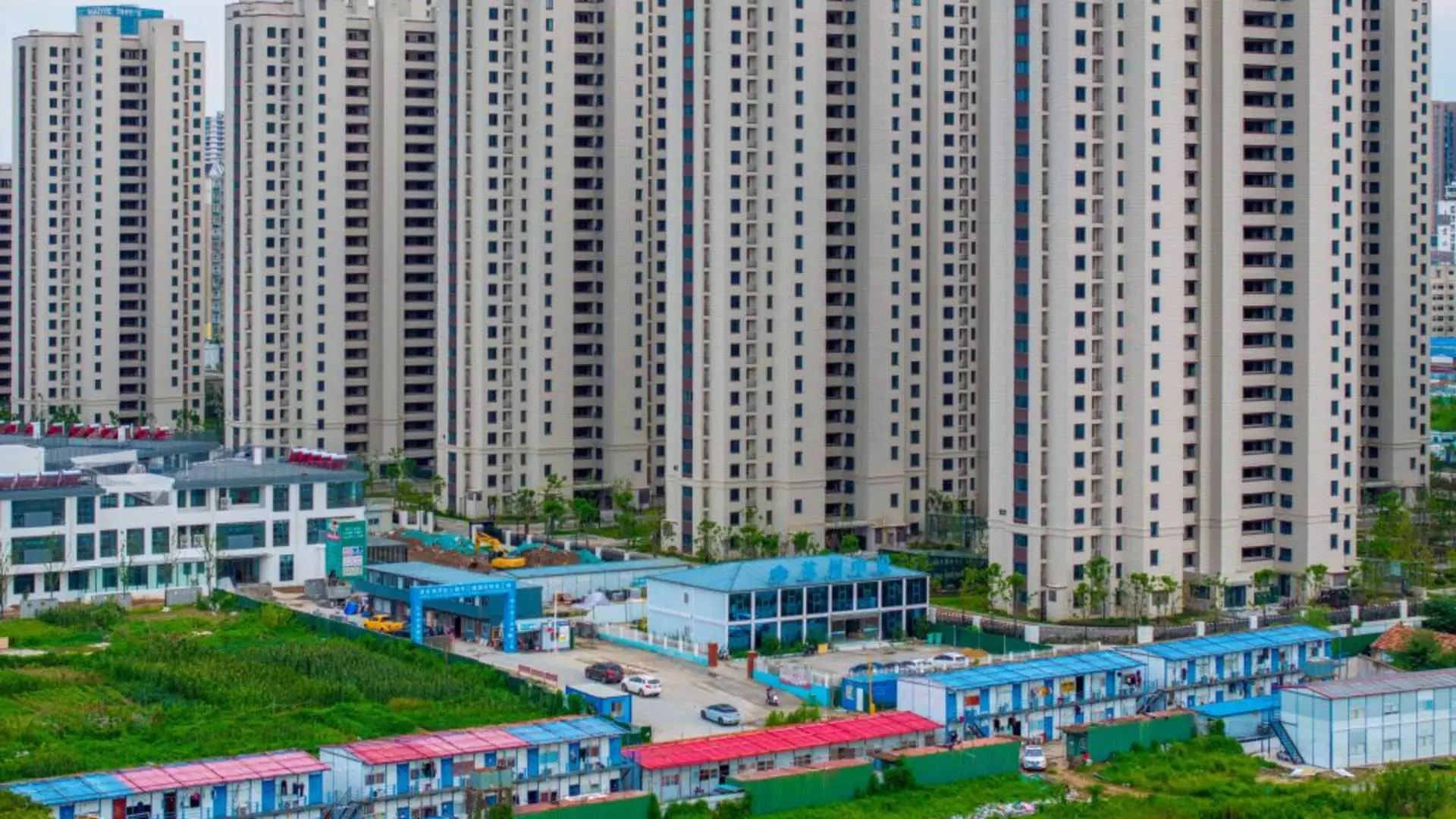Recent statements from top Chinese officials highlight the country’s commitment to prioritizing its own affairs amidst escalating trade tensions with other nations. Han Wenxiu, deputy director at the Chinese Communist Party’s central committee office for financial and economic affairs, emphasized that by focusing on internal affairs, China can ensure the smooth and steady progress of its national economy. This strategic focus revolves around three key areas: the stable and healthy development of the real estate market, accelerated growth of emerging industries, and the expansion of domestic demand, particularly consumption.
The ongoing trade tensions between the U.S. and China, as well as other regions, present significant economic challenges for China. Former U.S. President Donald Trump’s threats of tariffs on Chinese goods and the Biden administration’s tariff increases on Chinese electric cars have added to the complexity of the situation. In response, Chinese officials have remained steadfast in their commitment to deepening reforms and further opening up the economy, despite external uncertainties.
After decades of rapid economic growth, China is now facing a slowdown in its expansion. Second-quarter GDP growth fell short of expectations, leading to calls for additional stimulus measures to achieve the targeted growth of around 5% for the year. While exports have been a driving force for growth, challenges such as a real estate slump and subdued consumption have weighed on the economy. Efforts to boost advanced technology sectors have yet to fully offset the impact of these challenges on economic growth.
Han Wenxiu acknowledged the significant impact of the real estate sector on China’s economy, highlighting the systemic implications of its performance. With a 10.1% drop in real estate investment in the first half of the year and a decline of over 20% in residential sales compared to the previous year, China faces pressing challenges in this sector. Efforts to optimize new construction and manage existing housing inventory are essential to address these challenges effectively.
In response to the economic challenges, Chinese officials are considering stronger and more effective macroeconomic policies to support economic growth. The recent Third Plenum outlined plans to improve the macroeconomic governance system and integrate urban and rural development more cohesively. The implementation of these policies is crucial to ensuring their effectiveness in navigating the current economic landscape.
China’s emphasis on its internal affairs amid rising trade tensions reflects a strategic approach to safeguarding its national economy and promoting sustainable growth. By addressing key areas of concern such as the real estate market, emerging industries, and domestic demand, China aims to navigate the challenges posed by external uncertainties effectively. The success of these initiatives will depend on the commitment to reform, innovation, and policy implementation to steer the economy towards steady progress and long-term stability amidst a complex global economic environment.

